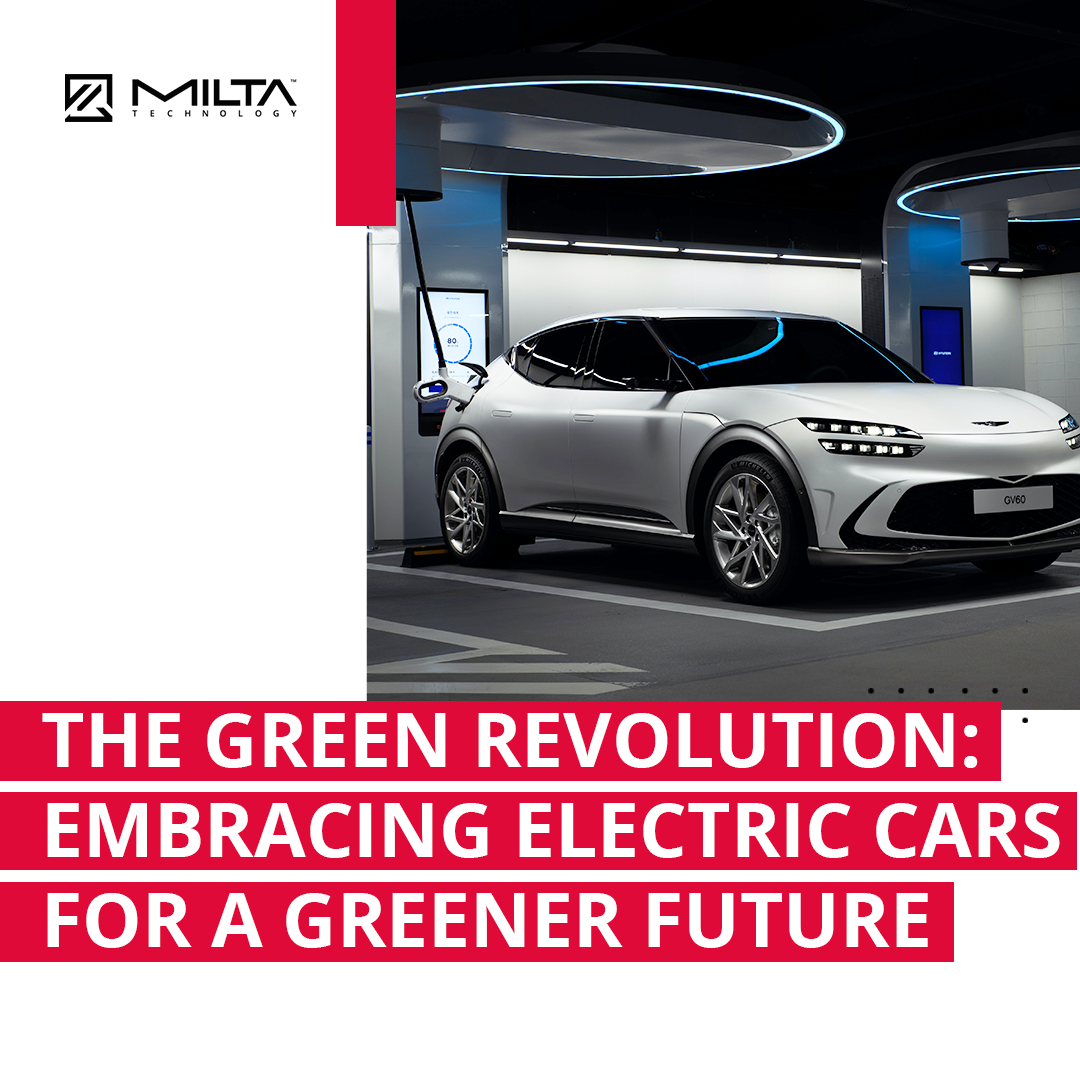The Green Revolution: Embracing Electric Cars for a Greener Future
In recent years, the government’s ambitious plans to transform the nation into a hub of electric car drivers have sparked heated debates and discussions. With the goal of phasing out new petrol and diesel cars by 2030, and hybrid cars by 2035, electric vehicles (EVs) are set to dominate the market. While some skeptics question their impact, today’s article will present a compelling case for why electric cars are undeniably superior to traditional petrol and diesel vehicles when it comes to benefiting the planet.
/
Environmental Advantages of Electric Vehicles (EVs)
/
Emission Reductions
The most glaring advantage of electric cars lies in their complete absence of tailpipe emissions. Unlike conventional cars that release harmful carbon dioxide and other pollutants, electric cars boast zero emissions. The transport sector accounts for over a quarter (27 percent) of the UK’s total emissions, with 91 percent of these emissions stemming from vehicles themselves. Achieving carbon neutrality by 2050 hinges significantly on cutting emissions from vehicles.
Electric vehicles operate without internal combustion engines, eschewing the need for an exhaust system. Instead, they rely on electric motors and batteries for motion. Critics argue that EVs may still indirectly contribute to emissions through the power generation required to charge their batteries, especially in countries relying heavily on coal- or oil-burning power plants. Nevertheless, the UK’s increasing reliance on renewable sources like wind, solar, and nuclear power makes electric cars a pivotal step in reducing emissions in the country.
/
Reduced Dependence on Oil and Related Industries
Another notable environmental boon of EVs is the decreased reliance on fossil fuels, particularly the oil industry, notorious for its pollution and environmental hazards. Constantly refueling conventional vehicles perpetuates an unhealthy dependence on oil-producing nations, often supporting oppressive regimes. By embracing electric cars, countries can break free from this reliance and promote cleaner and more sustainable energy alternatives.
Moreover, the oil industry’s track record concerning the environment is far from exemplary, with incidents of water contamination and massive oil spills causing ecological devastation. While electricity production in the UK largely relies on natural gas (a cleaner option than coal or oil), over 90 percent of vehicles still require oil-based fuels, leaving them vulnerable to the oil industry’s negative impacts.
/
Noise Reduction
Electric vehicles significantly contribute to noise reduction, leading to quieter roads and minimized disturbance to local wildlife. The noise pollution generated by busy roads can adversely affect wildlife, hindering their ability to communicate or breed effectively. Electric cars, though required to emit some noise for safety reasons, offer considerable noise reduction benefits, especially in larger vehicles like vans and heavy goods vehicles (HGVs). This improvement benefits both urban and rural environments, fostering a more harmonious coexistence with nature.
/
Increased Use of Eco-Friendly Materials
EV manufacturers are rapidly adapting recycled and eco-friendly materials for their production. Electric cars require lightweight and durable materials to maximize battery efficiency and overall range while ensuring safety during collisions. Advances in the production of recycled and organic materials empower EV makers to construct vehicles that are not only strong and lightweight but also environmentally conscious. Conventional cars, while containing some recycled materials, have not yet adopted these materials to shape their mass-production vehicles.
/
Addressing Inherent Issues with ICE Vehicles
When taking all relevant factors into consideration, internal combustion engine (ICE) cars, in any form, have a significantly larger negative impact on the environment compared to electric cars. From production to end-of-life disposal, ICE vehicles continuously contribute to pollution. On the other hand, EVs, despite concerns regarding their production processes, have a clear advantage in overall lifetime pollution reduction.
However, the elephant in the room remains the battery packs.
/
Unveiling the Battery Dilemma
Critics of EVs often highlight the ecological impact of their batteries, and they have a point. The production of lithium-ion batteries is currently not as environmentally friendly as it should be. Mining operations for the necessary raw materials are both polluting and raise questions concerning human rights and worker safety.
Nonetheless, the EV industry is continually evolving, and battery technology is no exception. Carbon footprints of EV batteries in 2019 were two to three times cleaner than those in 2016-2017. As technology advances, battery production becomes cleaner, gradually mitigating its environmental impact. This trend underscores the ongoing commitment of the EV industry to improve its ecological footprint, a commitment not always matched by the ICE vehicle industry, which remains relatively stagnant in its polluting practices.
Thus, for these compelling reasons and more, electric vehicles emerge as an ideal solution to address our planet’s environmental challenges. By embracing the green revolution and driving electric cars, we pave the way to a cleaner and more sustainable future for generations to come.

